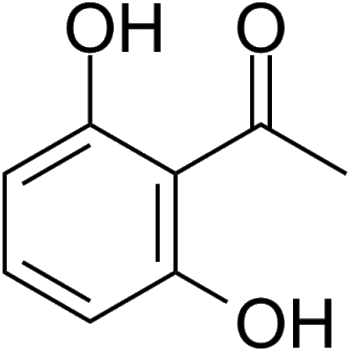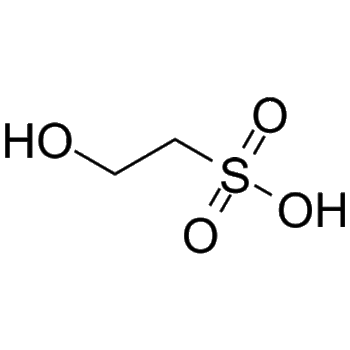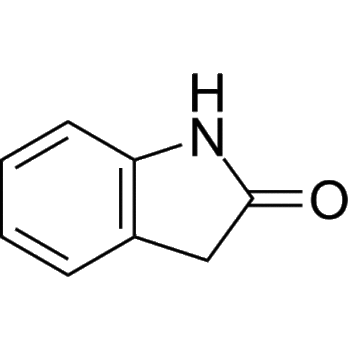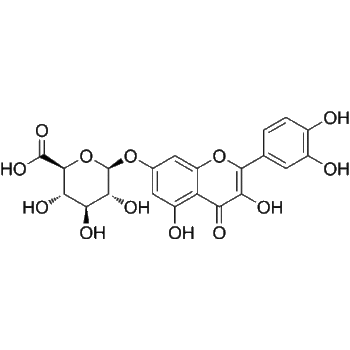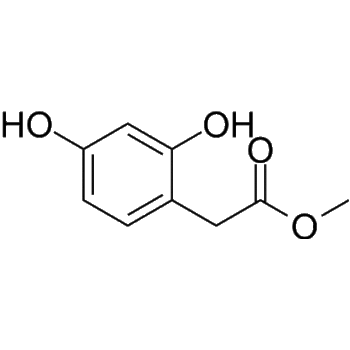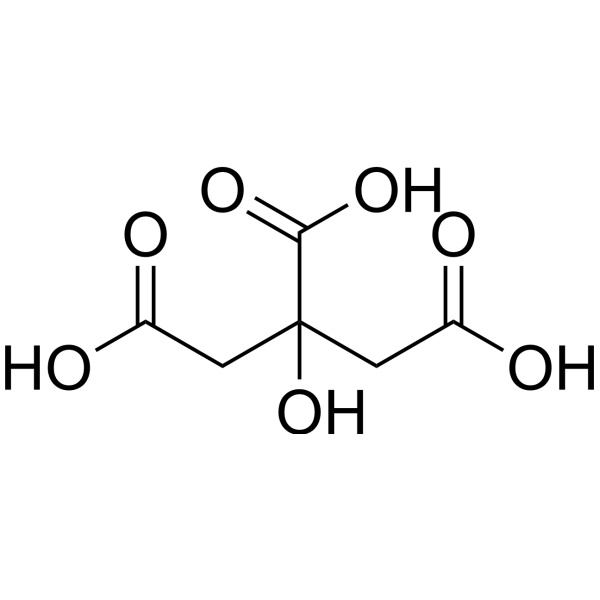
Download Files:
Citric acid
$50 – $55
Products Details
Product Description
– Citric acid is a natural preservative and food tartness enhancer. Citric acid induces apoptosis and cell cycle arrest at G2/M phase and S phase in HaCaT cells. Citric acid cause oxidative damage of the liver by means of the decrease of antioxidative enzyme activities. Citric acid causes renal toxicity in mice[1][2][3].
Web ID
– HY-N1428
Storage Temperature
– -20°C, 3 years; 4°C, 2 years (Powder)
Shipping
– Room Temperature
Applications
– Cancer-programmed cell death
Molecular Formula
– C6H8O7
Citations
– Food Chem. 2022: 134807.|New J Chem. 03 Aug 2022.|Insect Biochem Mol Biol. 2023 May 12;103958.
References
– [1]Chen X, et al. Study on injury effect of food additive citric acid on liver tissue in mice. Cytotechnology. 2014 Mar;66(2):275-82.|[2]Chen X, Lv Q, Liu Y, Deng W. Effects of the food additive, citric acid, on kidney cells of mice. Biotech Histochem. 2015 Jan;90(1):38-44. |[3]Ying TH, et al. Citric acid induces cell-cycle arrest and apoptosis of human immortalized keratinocyte cell line (HaCaT) via caspase- and mitochondrial-dependent signaling pathways. Anticancer Res. 2013 Oct;33(10):4411-20.
CAS Number
– 77-92-9
Molecular Weight
– 192.12
Compound Purity
– 98.0
SMILES
– OC(CC(CC(O)=O)(C(O)=O)O)=O
Clinical Information
– Launched
Research Area
– Cancer; Infection; Metabolic Disease; Inflammation/Immunology; Cardiovascular Disease
Solubility
– DMSO : 100 mg/mL (ultrasonic)|H2O : 100 mg/mL (ultrasonic)
Target
– Antibiotic;Apoptosis;Endogenous Metabolite
Isoform
– Human Endogenous Metabolite
Pathway
– Anti-infection;Apoptosis;Metabolic Enzyme/Protease
Product type
– Natural Products
Disclaimer: All products are for Research use only unless clearly stated otherwise on the product datasheet. Datasheets provided on the website are drafts for reference purpose only and you are requested to always refer to the hard copy included in the kit for your experimentation. Agdia Products are available for delivery only in Canada.

